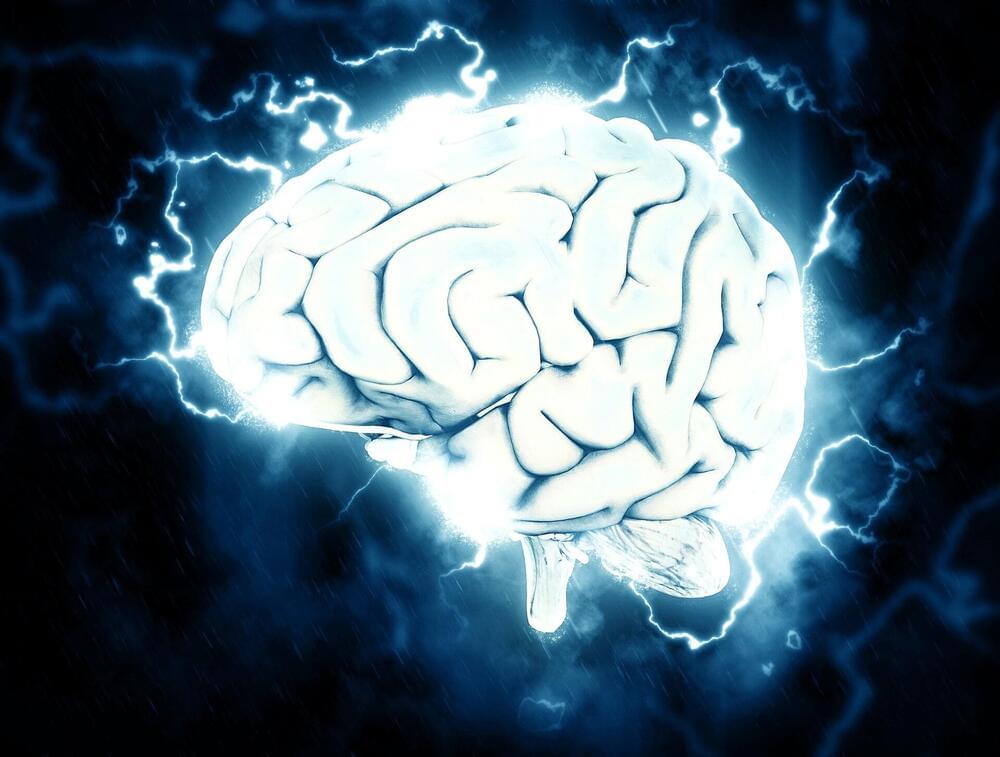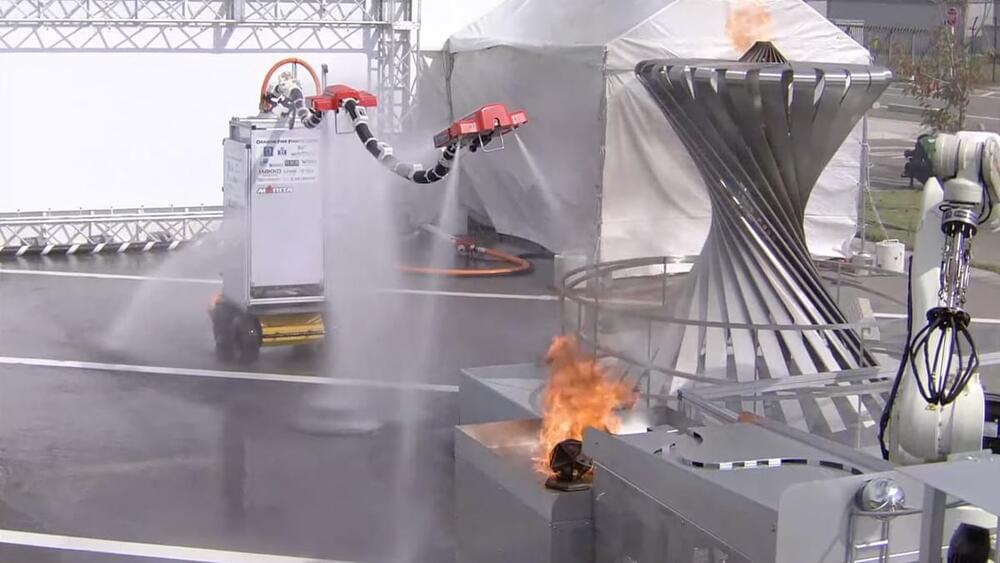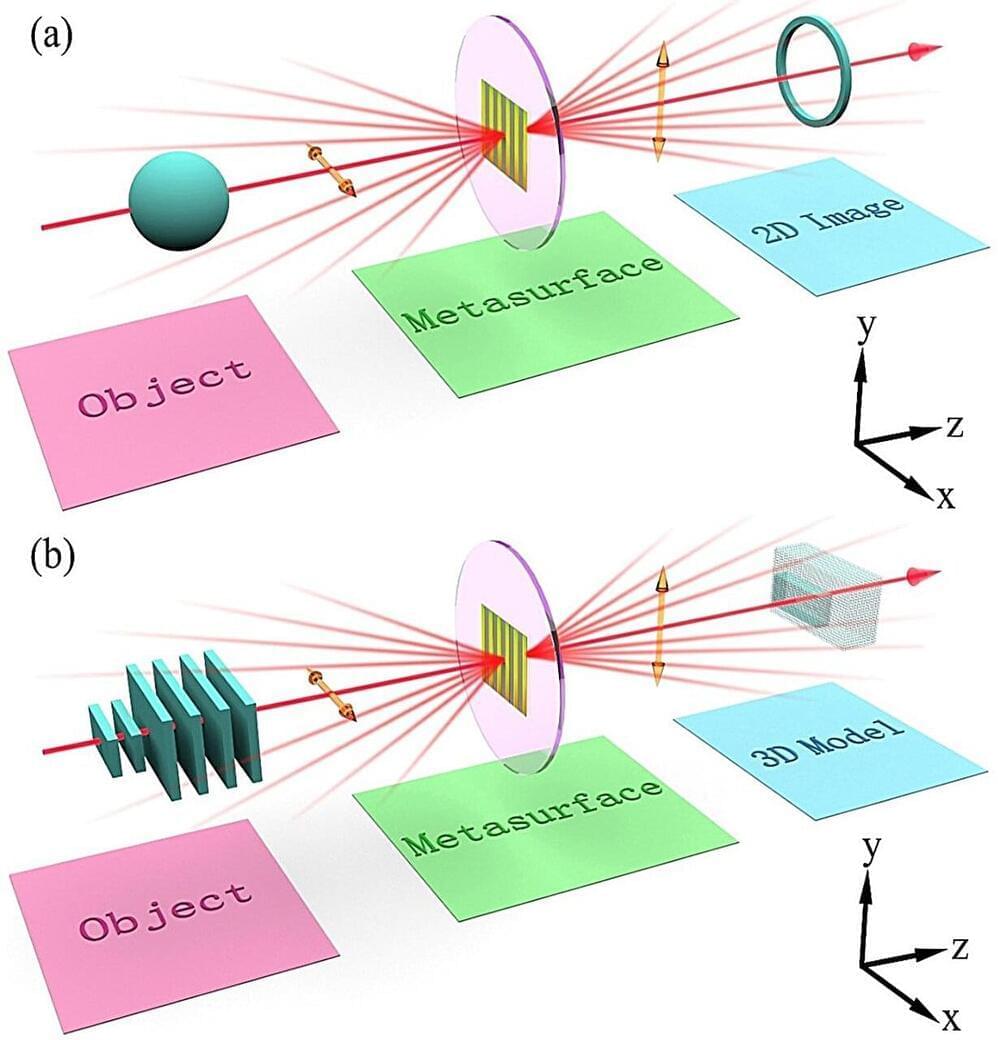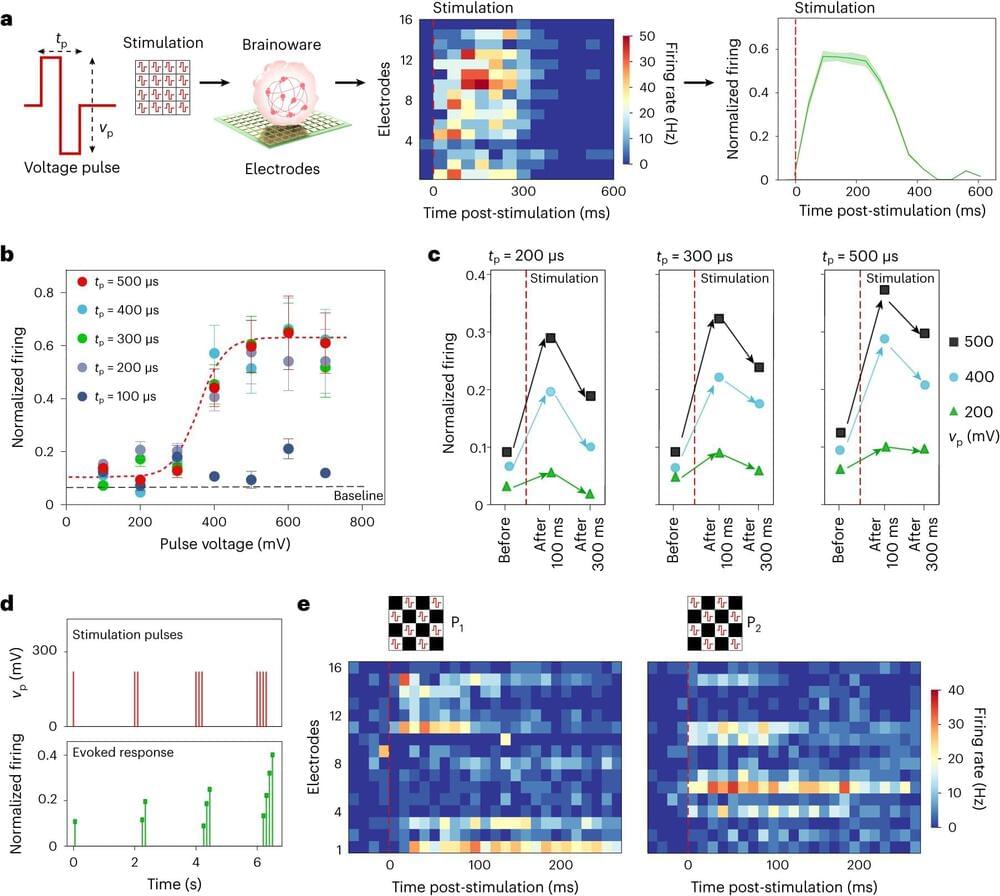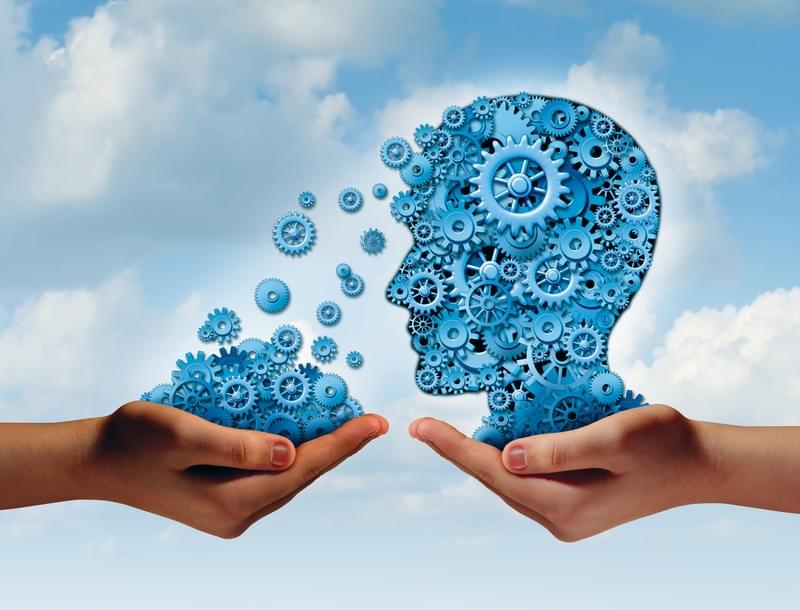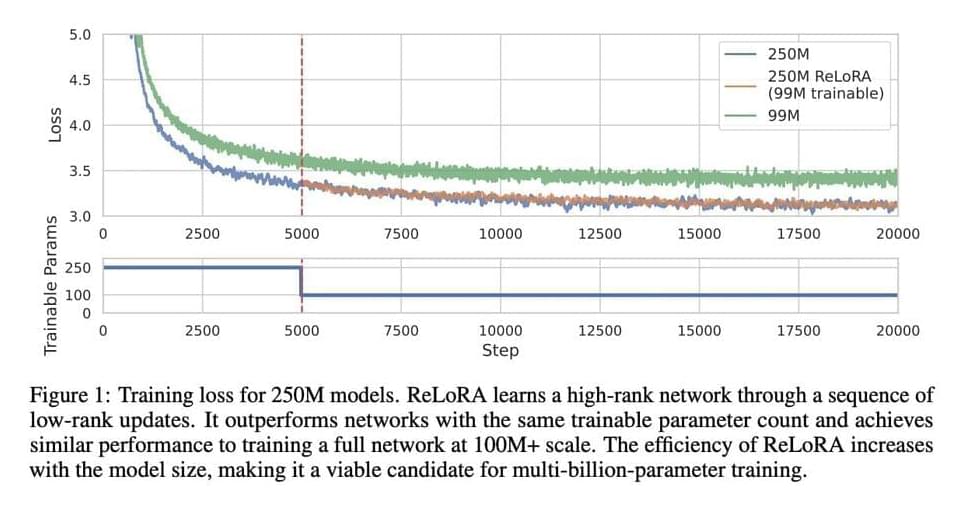Scientists have established how the activity of our brain during imaginary movement differs from that during real action. It turns out that in both cases, a previous signal occurs in the cerebral cortex, but with an imaginary movement, it does not have a clear link to a specific hemisphere.
The obtained data can potentially be used in medical practice to create neuro trainers and control the restoration of neural networks in post-stroke patients. The results of the study are published in the journal Cerebral Cortex.
Before we pick up a pen or put down a cup, a complete picture of this action is formed in the brain. Such visual–motor transformations ensure the accuracy of our movements. Knowing about these mechanisms helps patients to restore motor activity after strokes. But we don’t always finish the movement we started. In this case, visual information enters the motor areas of the cortex responsible for movement, but the start of the reaction is blocked at some point, and mental effort does not end with real muscle activation.
